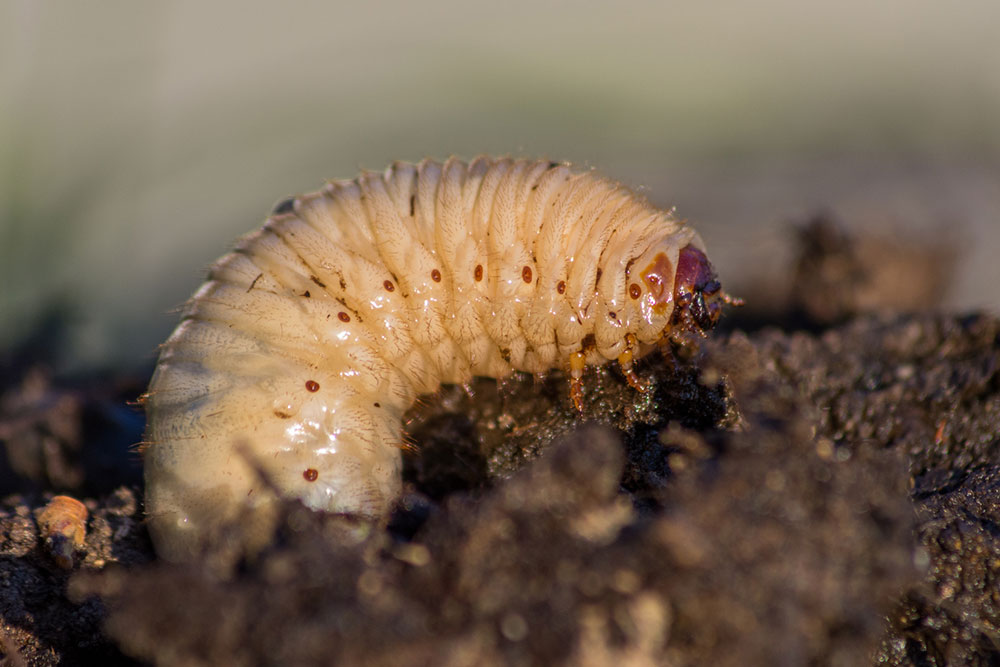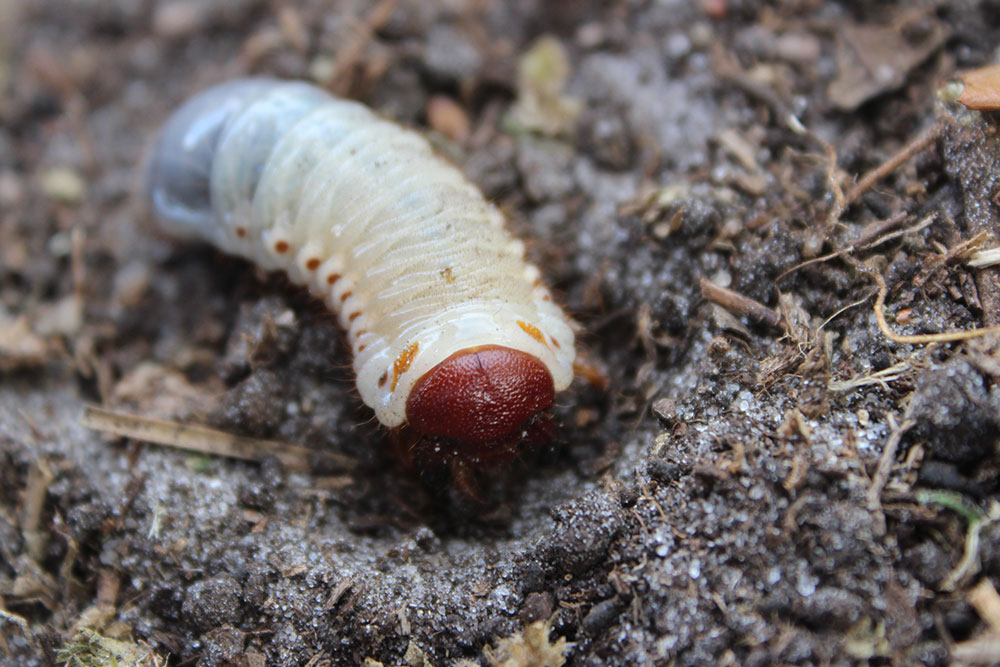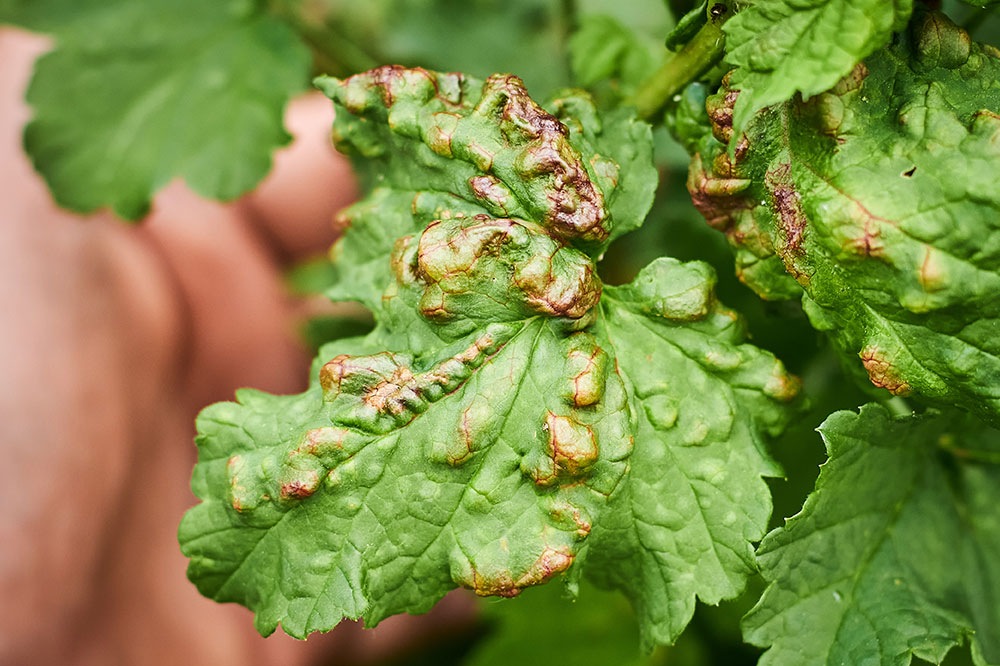Comprehensive Guide to Managing and Preventing Armyworm Infestations in Gardens and Lawns
Learn effective and eco-friendly strategies for controlling armyworm infestations in your garden or lawn. From biological methods like beneficial nematodes and Bt to natural predators and proper lawn maintenance, this comprehensive guide helps you prevent and manage armyworms efficiently, ensuring a healthy, pest-free environment.

Effective Strategies to Control Armyworm Infestations
Armyworms are notorious pests that pose a significant threat to lawns, gardens, and agricultural crops. Despite their name, these pests are actually caterpillars measuring approximately 1.5 to 2 inches in length. They are characterized by their distinctive marching behavior in large groups, often crossing fields, lawns, and gardens, causing extensive damage in a short amount of time. Their voracious appetite for grass, leaves, and various plants leads to unsightly brown patches, defoliation, and potentially severe damage if not managed promptly. Understanding how to identify, prevent, and eliminate armyworm infestations is crucial for gardeners, farmers, and property owners who aim to maintain healthy and vibrant green spaces.
Addressing an armyworm problem at its early stage is critical. The rapid reproduction rate of these pests can lead to exponential growth, making control more challenging as time goes on. Therefore, implementing effective management strategies early can save your plants and reduce the need for chemical interventions later. This comprehensive guide explores the most effective and eco-friendly methods to combat armyworms, emphasizing sustainable practices, biological controls, and safe chemical options.
Recognizing the Signs of Armyworm Infestation
Timely detection is the cornerstone of pest management. Regular inspection of your lawn or garden can help identify early warning signs of armyworm activity. Look for the following indicators:
Thinning or bare patches in grassy areas or leafy plants
Presence of small, dark droppings resembling pellets scattered on the ground
Small caterpillars moving in groups, especially during dusk or after rain
Damaged leaves with irregular holes or chewed edges
Early detection allows you to act swiftly, preventing widespread damage and making control efforts more manageable and cost-effective.
Natural and Organic Methods for Armyworm Control
1. Use Beneficial Nematodes
Beneficial nematodes are microscopic roundworms that parasitize soil-dwelling pests like armyworms. These natural predators are safe for humans, pets, and plants, making them an excellent environmentally friendly solution. When applied to the soil or lawn, nematodes seek out and infect armyworm larvae, effectively reducing their population. For optimal results, water the area before application and follow the manufacturer's instructions carefully. Applying beneficial nematodes during cooler, moist conditions enhances their effectiveness and promotes a healthy soil ecosystem.
2. Application of Bacillus thuringiensis (Bt)
Bacillus thuringiensis, commonly abbreviated as Bt, is a naturally occurring soil bacterium that acts as a biological pesticide when ingested by caterpillars and other larval pests. Formulated as a spray or dust, Bt specifically targets armyworm larvae, causing them to stop feeding and eventually die. One of the key advantages of Bt is its selectivity, which means it does not harm beneficial insects, birds, or mammals. To apply Bt effectively, spray it thoroughly on the affected foliage and repeat the application as needed, especially after rain washes it away.
3. Encouraging Natural Predators in Your Garden
Fostering a balanced ecosystem in your garden can naturally keep armyworm populations in check. Birds, parasitic wasps, ground beetles, and certain predatory insects feed on armyworm larvae. To attract these beneficial predators, install birdhouses, provide water sources, and grow a variety of native plants that support beneficial insect habitats. Avoid broad-spectrum chemical pesticides, as they can harm these natural predators and upset ecological balance. Maintaining diversity in your garden ecosystem helps create a self-sustaining system conducive to pest control.
4. Applying Diatomaceous Earth
Diatomaceous earth is a natural, abrasive powder made from fossilized diatoms. When dusted onto plants and soil, it works mechanically by dehydrating pests on contact, including armyworm larvae. It is non-toxic to humans and pets, making it a safe option for homes and gardens. For effective control, apply diatomaceous earth evenly over affected areas during dry weather, as moisture diminishes its efficacy.
5. Use of Soap Solutions and Neem Oil
Insecticidal soap and neem oil are organic options for controlling visible armyworms. Spraying these on affected plants causes dehydration and suffocation of the pests. Neem oil also acts as a repellent, discouraging armyworms from feeding. For best results, spray during the early evening to prevent sunburn and ensure coverage of both the pests and the surrounding foliage.
Healthy Lawn Maintenance as a Preventive Measure
Keeping your lawn or garden in optimal health reduces its attractiveness to armyworms and other pests. Regularly mow the grass to an appropriate height, water deeply but infrequently, and fertilize to promote vigorous growth. A dense, healthy lawn is less susceptible to pest invasions because it leaves fewer places for larvae to hide and feed. Additionally, removing weeds, fallen leaves, and debris minimizes hiding spots for pests and promotes a cleaner environment.
When to Consider Chemical Control
Despite the preference for organic methods, severe infestations may necessitate the use of chemical insecticides. When opting for chemical solutions, select products labeled explicitly for armyworm control and follow the application instructions meticulously. Targeted insecticides can provide rapid relief but should be used judiciously to minimize environmental impact. Always wear protective gear and avoid spraying during high winds or approaching pollinator activity.
Professional Pest Control: When and Why
If your efforts do not seem sufficient and the infestation persists or worsens, professional pest control services might be necessary. Pest control experts can assess the severity of the problem, recommend appropriate treatment plans, and implement long-term prevention strategies. They may also employ integrated pest management (IPM) practices that combine biological, cultural, and chemical controls to ensure effective and environmentally responsible pest suppression.
Concluding Thoughts
Controlling armyworms requires vigilance, early detection, and a combination of environmentally friendly practices. Emphasizing biological controls, fostering natural predators, and maintaining healthy lawns can significantly reduce the risk of infestation. When necessary, chemical interventions should be applied responsibly to safeguard your plants, the environment, and your family’s health. With a comprehensive approach, you can protect your gardens and lawns from the destructive march of armyworms, ensuring lush, healthy landscapes all season long.




